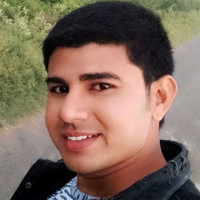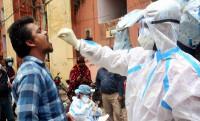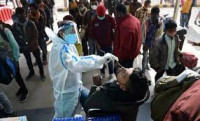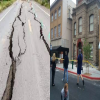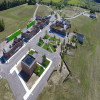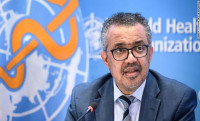Health professionals in California urge vaccination due to a potential polio outbreak in New York
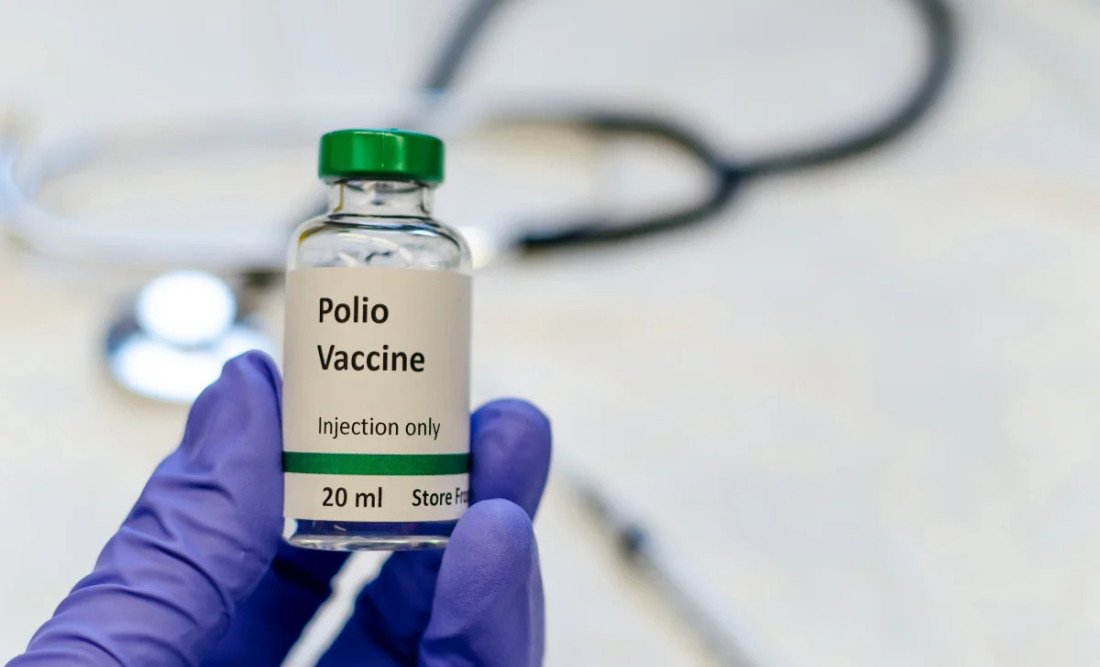
Health officials verified this week that the virus was found in New York City's wastewater. The virus was discovered in other regions of the state months earlier, and one New Yorker was diagnosed with paralytic polio in July. Health experts' claims that the virus that causes paralytic polio is "likely localising" in New York are causing growing concern.
While the news from New York is not cause for alarm, California health professionals who spoke with the media stated that it is a reminder of the value of immunisation. Polio is extremely contagious, and while the majority of those who contract it won't show any symptoms, a small percentage of cases can result in paralysis or even death. Professor of epidemiology at UCSF, Dr. George Rutherford, recalled standing in line with his parents to receive the polio vaccine in the 1960s. He said that before vaccines were widely available, many Americans were afraid about the spread of polio.
People were understandably terrified of It at the time, he continued, "and when the vaccines first became available...there was a wild rush to receive these. We're talking iron lungs, ventilators, and lasting deformities. Rutherford believes that most people shouldn't be concerned about polio infection today because polio immunizations are so common. Nevertheless, Rutherford highlighted that everyone should get a polio vaccine if they haven't already.
The first dose of the polio vaccination should be given to infants at two months old, according to the CDC's recommendations. If you were immunised against polio, you probably won't recall, but accroding to Rutherford, If you were born after 1952, you probably had the polio vaccine and are immune. If you were born earlier, like in the early 1950s, you might or might not have received the vaccine.
If you are unable to locate your vaccination records, your memory of receiving immunizations as a child may be of assistance, according to Dr. Dean Blumberg, Professor of Pediatric Infectious Diseases at UC Davis Children's Hospital. Blumberg noted that the polio vaccine has been included in standard immunizations since the late 1950s. "If somebody received routine vaccinations in childhood, and they recall it, they virtually for sure received polio vaccine," Blumberg said.
It's possible that someone wasn't immunised against polio, according to Blumberg, if they recall not receiving any immunizations as children or their parents didn't want them to. And because there isn't much polio circulation, it's probable that they lack immunity and could be vulnerable to infection.
Polio immunisation is one of the shots needed to attend childcare, private schools, and public schools in California. It's one of the most well-tolerated vaccinations we currently have, and it's also quite effective, according to Blumberg. Anyone who received a childhood vaccination is likely immune for the rest of their life, he continued. Lauren Lewis of San Mateo believes she received the polio vaccine along with the other shots she needed for school. Lewis admitted, "I had to take my mom's word for it too, but I know I had all my shots, absolutely."
Varun Hegde, 19, of Foster City stated, "I kind of take my parents' word for it that I've been vaccinated, but I've never actually checked." Hegde and his friends claim to have read an article about polio in their history class. They are currently considering reviewing their immunisation records and conducting additional study on the virus. Although it hasn't happened yet, the Stanford University School of Engineering informed Media Sunday that its research team is investigating on detecting polio in wastewater.
